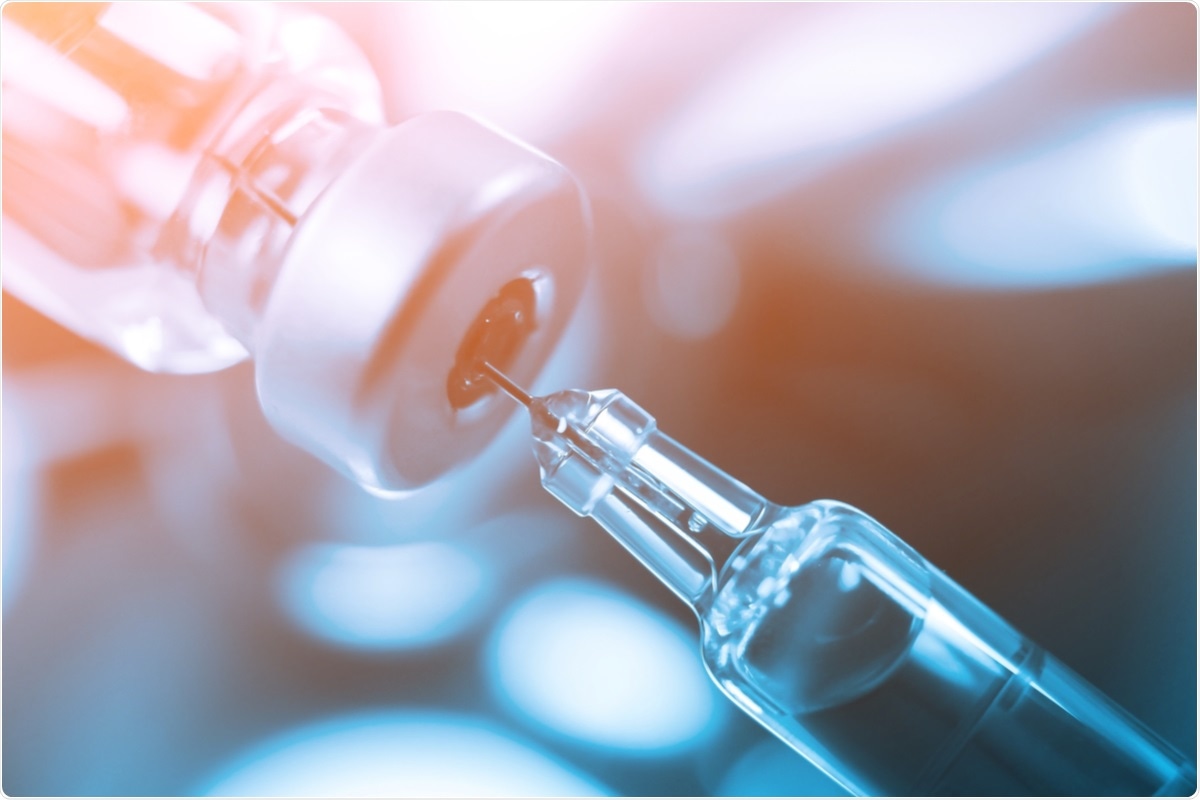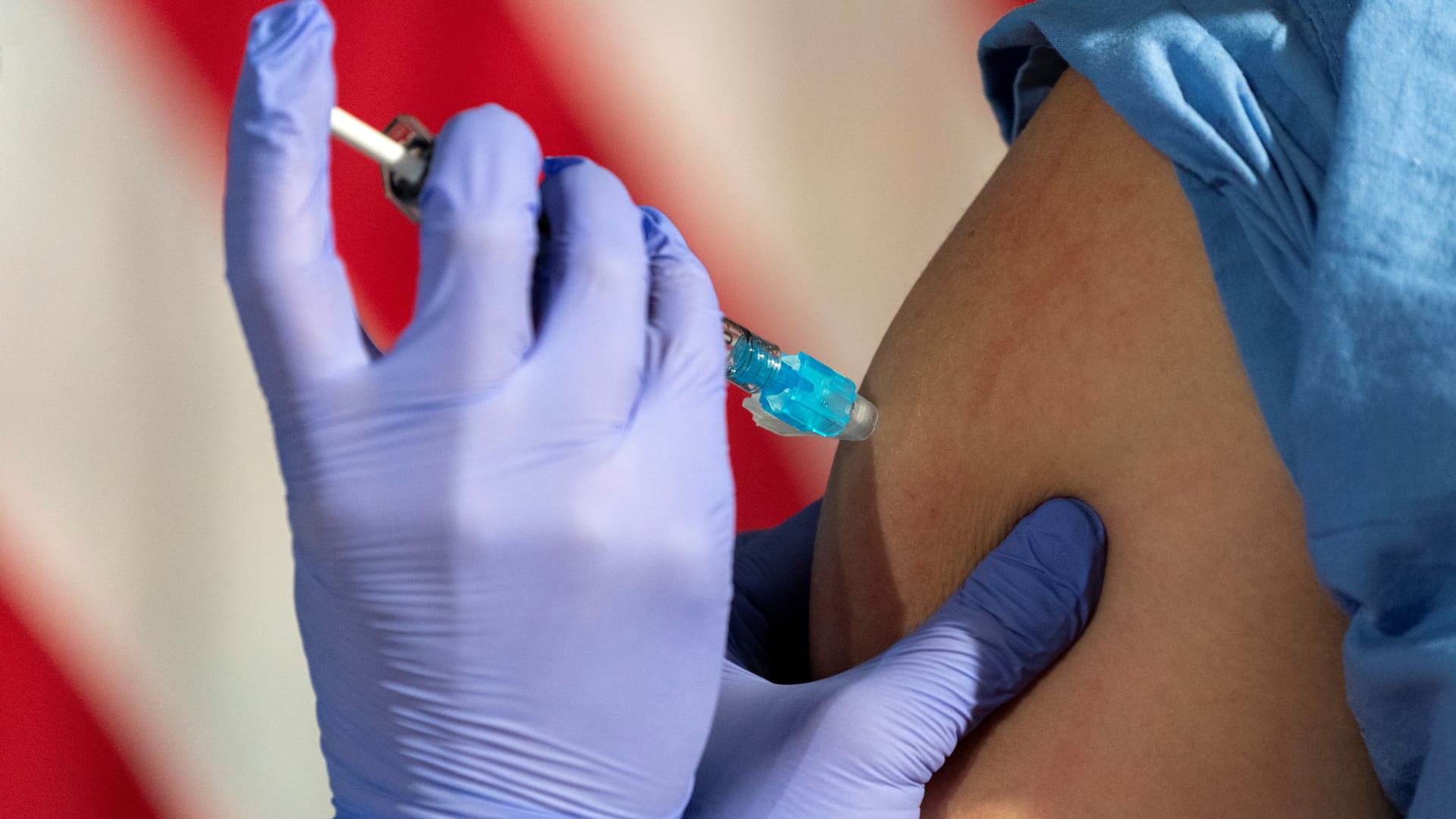I had the virus already---so I don't think there any benefit for the vaccine for me-
you obviously didn't read the latest re: natural immunity seems to be even more vamped ( that's a good thing, Qgirl ) after one who was infected & then gets the vaccine.
do you believe that a secret microchip will be implanted, or that you'll become magnetic if vaxxed, by any chance?
According to the Cleveland Institute there is no difference.
The study findings reveal that individuals with previous SARS-CoV-2 infection do not get additional benefits from vaccination, indicating that COVID-19 vaccines should be prioritized to individuals without prior infection. The study is currently available on the medRxiv* preprint server.

www.news-medical.net
as long as it doesn't hurt, then why not? it's still an evolving science & yours is an up to date study, but cannot conclude one way or the other from it alone.
COVID-19 vaccination is a safer way to help build protection
- Get vaccinated regardless of whether you already had COVID-19. Studies have shown that vaccination provides a strong boost in protection in people who have recovered from COVID-19,.
Benefits of Getting a COVID-19 Vaccine
Immunity after infection is unpredictable
Immunity comes from the immune system’s ability to remember an infection. Using this immune memory, the body will know to fight if it encounters the disease again. Antibodies are proteins that can bind to a virus and prevent infection. T cells are cells that direct the removal of infected cells and viruses already bound by antibodies. These two are some of the main players that contribute to immunity.
After a SARS-CoV-2 infection, a person’s antibody and T cell responses may be strong enough to provide
protection against reinfection. Research shows that 91% of people who develop antibodies against the coronavirus are unlikely to be infected again
for six months, even after
a mild infection. People who had no symptoms during the infection are also likely to develop immunity, though they tend to make
fewer antibodies than those who felt ill. So for some people, natural immunity may be strong and long-lasting.
The problem is that not everyone will develop immunity after a SARS-CoV-2 infection. As many as 9% of infected people do not have
detectable antibodies, and up to 7% of people
don’t have T cells that recognize the virus 30 days after infection.
For people who do develop immunity, the
strength and duration of the protection can vary a lot. Up to 5% of people may
lose their immune protection within a few months. Without a strong immune defense, these people are susceptible to reinfection by the coronavirus. Some have had second bouts of COVID–19 as soon as
one month after their first infection; and, though rare, some people have been
hospitalized or even died.
A person who is reinfected may also be able to transmit the coronavirus even
without feeling sick. This could put the person’s loved ones at risk.
And what about the variants? So far, there isn’t any hard data about the new coronavirus variants and natural immunity or reinfection, but it is certainly possible that immunity from one infection won’t be as strong against infection with a different variant.
Vaccination leads to reliable protection...
Why You Should Get A COVID-19 Vaccine – Even If You've Already Had The Coronavirus
& there is no definitive conclusion that natural immunity to the original COVID19 virus will protect a person from the variants going around, where as so far the vaccines are protective against them. & the more unvaxxed dullards that refuse to protect themselves, could lead to a mutation that will outsmart the currents vaccines we have.
.jpg)



 Exactly,just like what he said.
Exactly,just like what he said.

